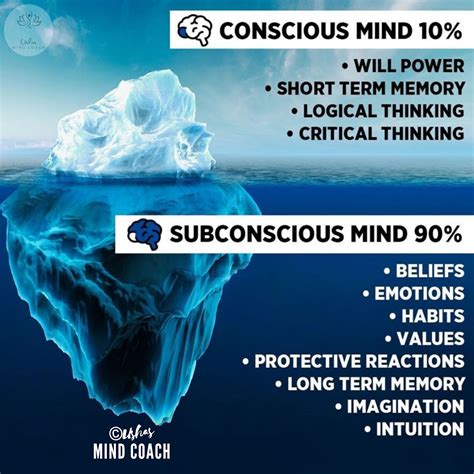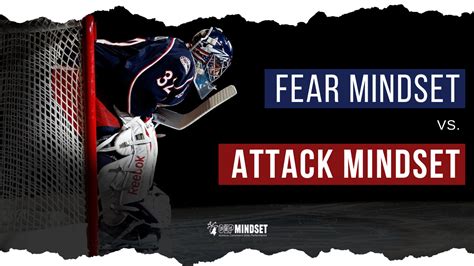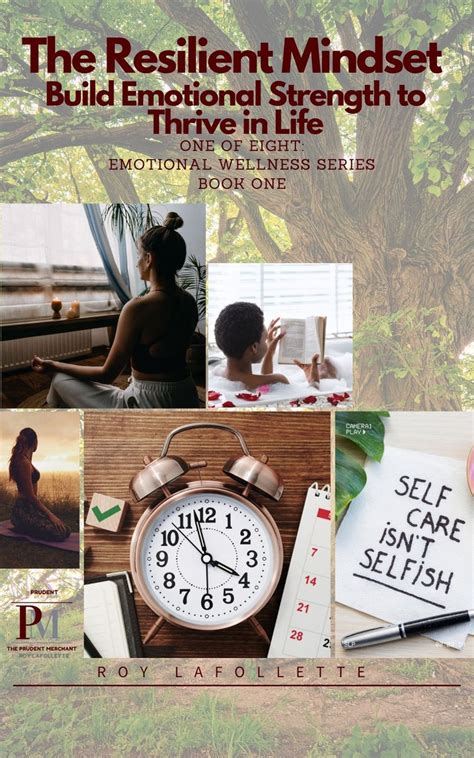Every man faces moments of decision when confronted with a new challenge or the specter of potential failure. While conscious thought plays a role, it’s often a deeply ingrained tapestry of subconscious beliefs about his own competence and the imperative of self-reliance that truly dictates his reaction. These underlying convictions, forged by personal experiences, societal expectations, and cultural narratives, act as hidden navigators, steering his approach long before logic takes the helm.
The Invisible Weight of Expected Competence
From a young age, many men internalize the message that competence is not merely a desirable trait but a fundamental aspect of their identity and worth. Society often champions a masculine ideal of strength, capability, and unwavering control. This creates an internal pressure cooker, where demonstrating skill and achieving success become paramount, and any perceived lack of competence can feel like a direct assault on one’s masculinity. When faced with a novel situation, this belief system can manifest as an intense drive to master it quickly, or conversely, as a strong aversion to situations where immediate mastery isn’t guaranteed.

The Imperative of Self-Reliance: Going It Alone
Tied closely to competence is the subconscious belief in self-reliance. For many men, there’s an unspoken rule that true strength lies in independent problem-solving and the ability to “handle it” without external aid. Asking for help can be perceived, both internally and externally, as a sign of weakness or an admission of inadequacy. This belief, while fostering resilience in some contexts, can become a significant barrier when tackling complex challenges that genuinely require collaboration, diverse perspectives, or simply emotional support. It can lead to isolation, burnout, and a reluctance to delegate or seek mentorship, even when it’s clearly beneficial.
When Failure Looms: Avoidance, Over-Preparation, or Denial
Given the weight placed on competence and self-reliance, the prospect of failure becomes particularly daunting. Subconsciously, failure isn’t just a setback; it’s a potential exposure of inadequacy, a threat to identity. This can shape a man’s approach in several ways: some might become overly risk-averse, avoiding new challenges altogether to protect their self-image. Others might engage in extreme over-preparation, striving for perfection to eliminate any possibility of error. A third common response is denial or minimizing the impact of failure, rather than acknowledging it and learning from it. The internal narrative might tell them they “should have known” or “should have done better,” rather than viewing it as a natural part of the learning process.

Navigating the Unknown: Risk-Taking and Learning
These subconscious beliefs profoundly influence how a man engages with new challenges. A strong belief in innate competence might lead to overconfidence, causing him to jump into situations without adequate preparation, or conversely, to procrastination if he fears he won’t immediately excel. The self-reliance imperative can deter him from seeking guidance or admitting when he’s out of his depth, hindering the learning process. Ultimately, the rigid adherence to these beliefs can stifle innovation, limit personal growth, and prevent him from exploring paths less traveled, even when those paths hold immense potential for development and success.
The ‘Fix-It’ Mentality and the Power of Vulnerability
Many men are conditioned to adopt a ‘fix-it’ mentality: identify the problem, find the solution, implement it. This approach, while effective in certain scenarios, often clashes with situations that require emotional processing, collaborative problem-solving, or an admission of uncertainty. To embrace vulnerability—to say “I don’t know,” “I need help,” or “I failed”—can feel like a direct violation of the self-reliant, competent male ideal. However, true resilience often stems from the ability to be vulnerable, to connect with others, and to share burdens, rather than carrying them in isolation. Overcoming this internal conflict is crucial for genuine personal and professional development.

Reshaping the Inner Narrative: Strategies for Growth
Becoming aware of these subconscious beliefs is the first step towards reshaping them. Men can begin by:
- Self-Reflection: Journaling about reactions to challenges and failures can reveal underlying thought patterns. What thoughts arise when you consider asking for help? What does failure mean to you?
- Challenging Assumptions: Actively question the idea that competence means never failing, or that self-reliance means never asking for support. Seek out alternative narratives of strength.
- Practicing Vulnerability: Start small. Share a minor struggle with a trusted friend or partner. Ask for specific, low-stakes help.
- Redefining Success and Failure: Shift the focus from outcome-based success to process-based learning. Failure becomes data, not a judgment of worth.

Embracing a Broader Definition of Strength
Ultimately, a healthier approach to challenges and potential failures involves expanding the definition of masculine strength. It’s not about abandoning competence or self-reliance entirely, but about integrating them with other vital qualities like adaptability, humility, empathy, and the courage to be vulnerable. Understanding that growth often lies just beyond the edge of one’s comfort zone, and that true mastery includes the ability to learn from mistakes and seek help, can liberate men from the restrictive confines of outdated subconscious beliefs. This allows for a more authentic, resilient, and fulfilling engagement with life’s inevitable ups and downs.
Conclusion
The subconscious beliefs about competence and self-reliance exert a powerful, often unseen, influence on a man’s journey through life’s challenges. By bringing these deeply held convictions into conscious awareness, men can begin to dismantle limiting narratives and construct a more expansive framework for their identity and capabilities. This process is not about weakness, but about cultivating a more robust, adaptable form of strength that embraces learning, collaboration, and the invaluable lessons embedded in every challenge and every potential failure.





